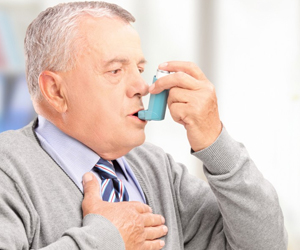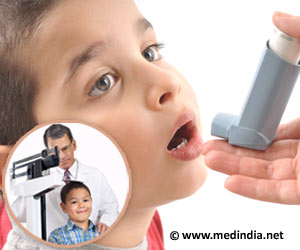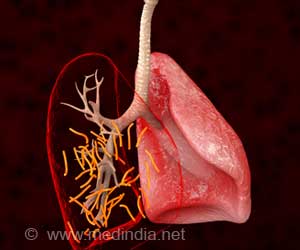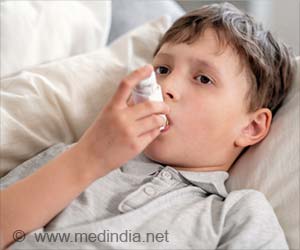African American children who reported experiencing discrimination were almost twice as likely to suffer from asthma when compared with their peers.
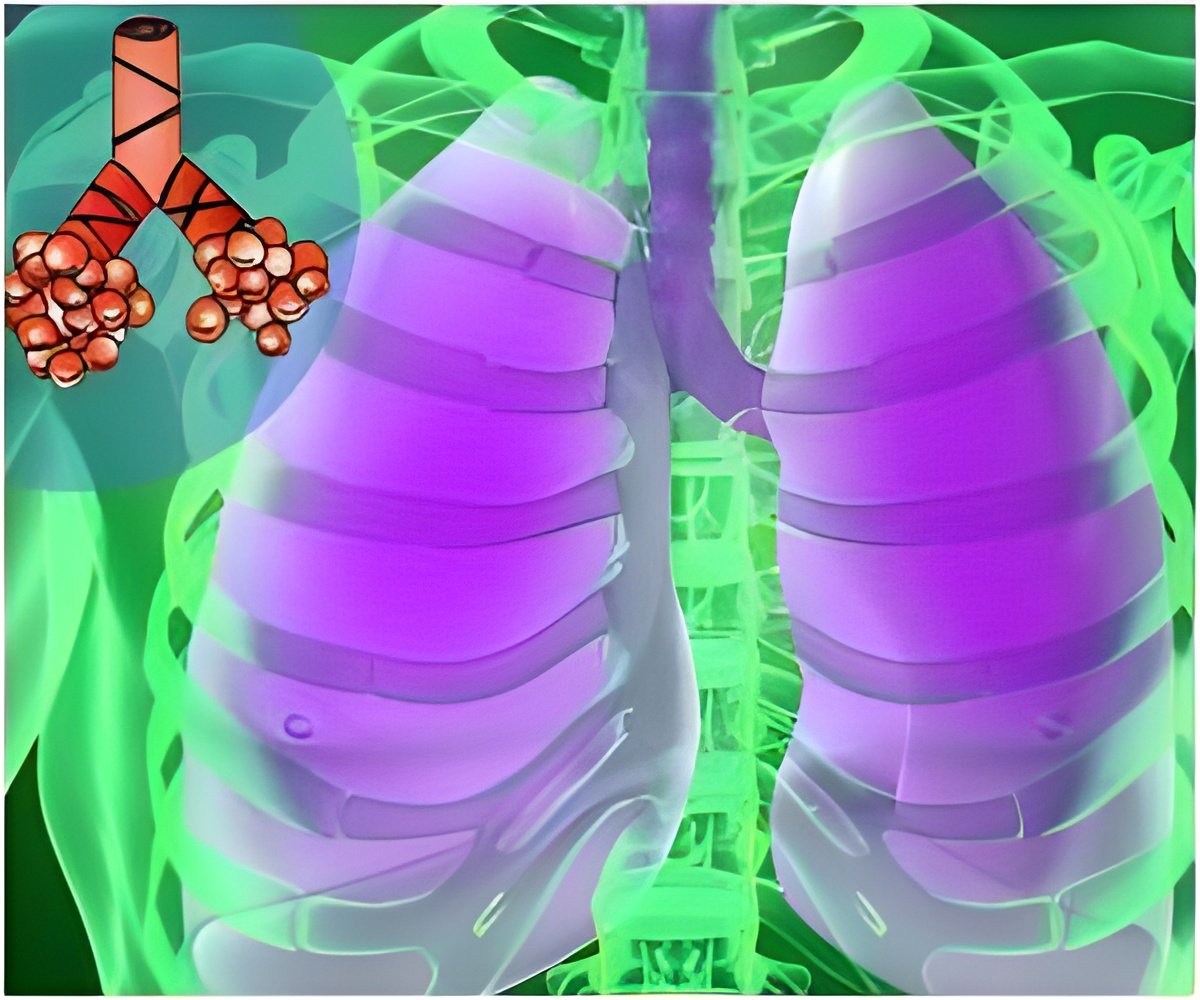
‘Among African American children with asthma, discrimination was associated with a greater probability of having poorly controlled asthma.’





Among African American children with asthma, discrimination was also associated with a greater probability of having poorly controlled asthma. For Mexican American children, discrimination and socioeconomic status (SES) act together with discrimination having an effect on asthma only among low-SES children. While the relationship between discrimination and physical health in adults is well understood, less is known about the role it plays in children. This study is the first to show an association between discrimination and asthma diagnosis in African American and in Latino children, contributing to existing evidence implicating racial/ethnic discrimination as a predictor of negative health outcomes in children. For asthma specifically, the findings are consistent with results correlating discriminatory experience and subsequent asthma diagnosis in African American adult women.
"Discrimination is a common and everyday experience for minority populations in America. People can be exposed to it at the individual and society levels. This constant stress gets embodied into our biology or DNA to change our bodies' responses to diseases and medical treatments. Our findings support this biological embodiment for asthma and its control among African American children and among low-SES Mexican American children," explained lead and senior investigator Luisa N. Borrell, DDS, PhD, Professor and Chair, Department of Epidemiology and Biostatistics, Graduate School of Public Health and Health Policy, City University of New York.
Using data from the Genes-Environment and Admixture in Latino Americans study (GALA II) and the Study of African Americans, Asthma, Genes, and Environments (SAGE II), researchers found that African American children who reported discrimination had 78 percent greater odds of having asthma than participants who did not report discrimination. In addition, reported discrimination was a good predictor of a child's asthma being poorly controlled.
SES and discrimination are complex issues, with many different aspects to consider. The results of this study suggest that they work together to influence asthma rates for Latino youth, but that for African American youth, discrimination works independently of SES; however, the authors note that many unmeasured factors surrounding both discrimination and SES may help explain the association with asthma.
Advertisement
"Given the current political climate, our findings are very significant, especially for minority children," stated Dr. Borrell. "Children are being exposed directly or indirectly to different sources of psychosocial stress -- discrimination, bullying, and fear -- while our focus was asthma, this stress may play a role in other diseases, behaviors, and learning opportunities."
Advertisement

